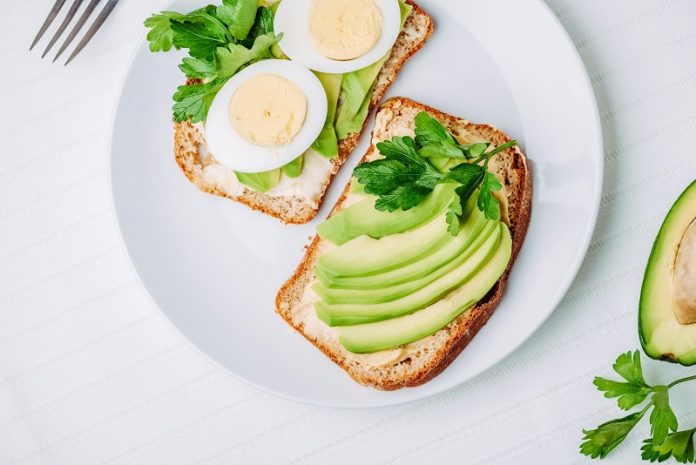
Pancreatitis is an inflammation of the pancreas, a vital organ that sits behind your stomach.
It plays a crucial role in digestion by producing enzymes that help break down food and hormones like insulin to regulate blood sugar.
When the pancreas gets inflamed, these enzymes start digesting the pancreas itself, leading to pain and other serious complications.
Pancreatitis can be acute (sudden and short-term) or chronic (long-lasting).
Why Diet Matters
Diet plays a crucial role in managing pancreatitis. The right foods can help ease symptoms, ensure nutritional adequacy, and prevent exacerbations, while the wrong foods can worsen the condition.
Key Dietary Strategies for Pancreatitis
Stay Hydrated: Dehydration can exacerbate pancreatitis. Drinking plenty of fluids, especially water, helps the pancreas function properly and aids in digestion.
Low-Fat Foods: High-fat foods can strain the pancreas, as it has to work harder to produce digestive enzymes. Lean meats, low-fat dairy products, and cooking with minimal oil are recommended.
Small, Frequent Meals: Eating smaller meals more frequently throughout the day can be easier on your pancreas than consuming large meals.
Fiber-Rich Diet: A diet rich in fruits, vegetables, and whole grains provides fiber, which aids digestion and reduces the workload on the pancreas.
Limit Alcohol: Alcohol is a known risk factor for pancreatitis. Abstaining from alcohol can significantly reduce the risk of flare-ups.
Avoid Refined Sugars: Foods high in refined sugars can cause rapid fluctuations in blood sugar levels, stressing the pancreas.
Foods to Include
Fruits and Vegetables: Fresh, steamed, or baked fruits and vegetables are gentle on the pancreas and rich in nutrients.
Whole Grains: Opt for whole-wheat bread, brown rice, and whole grain pasta.
Lean Proteins: Include chicken, turkey, fish, and plant-based proteins like beans and lentils.
Low-Fat Dairy: Choose skim milk, low-fat yogurt, and cheese.
Foods to Avoid
- Fried and Greasy Foods: These can be hard to digest and increase inflammation.
- Alcohol: It’s a major trigger for pancreatitis.
- High-Fat Meats: Sausages, bacon, and fatty cuts of meat should be avoided.
- Sugary Foods and Drinks: Sodas, candies, and pastries can disrupt blood sugar levels.
Evidence from Research
Numerous studies support the role of diet in managing pancreatitis. A low-fat diet has been shown to reduce the risk of gallstones, a common cause of acute pancreatitis. Research also indicates that a high intake of vegetables reduces the risk of chronic pancreatitis.
Supplements and Pancreatitis
In some cases, doctors might recommend digestive enzyme supplements to aid in food digestion. These should be taken as directed by a healthcare professional.
Personalizing Your Diet Plan
It’s crucial to tailor your diet to your specific needs, as pancreatitis can affect individuals differently. Working with a dietitian or healthcare provider can ensure that your diet plan meets your nutritional needs and helps manage your condition effectively.
Conclusion: Diet as a Key Player in Pancreatitis Management
Diet plays a critical role in managing pancreatitis. A balanced, low-fat diet rich in fruits, vegetables, and whole grains, along with staying hydrated and limiting alcohol, can significantly improve symptoms and prevent flare-ups.
Remember, each individual’s needs can vary, so it’s important to work closely with healthcare professionals to create a diet plan that’s right for you.
Follow us on Twitter for more articles about this topic.
Copyright © 2023 Scientific Diet. All rights reserved.





